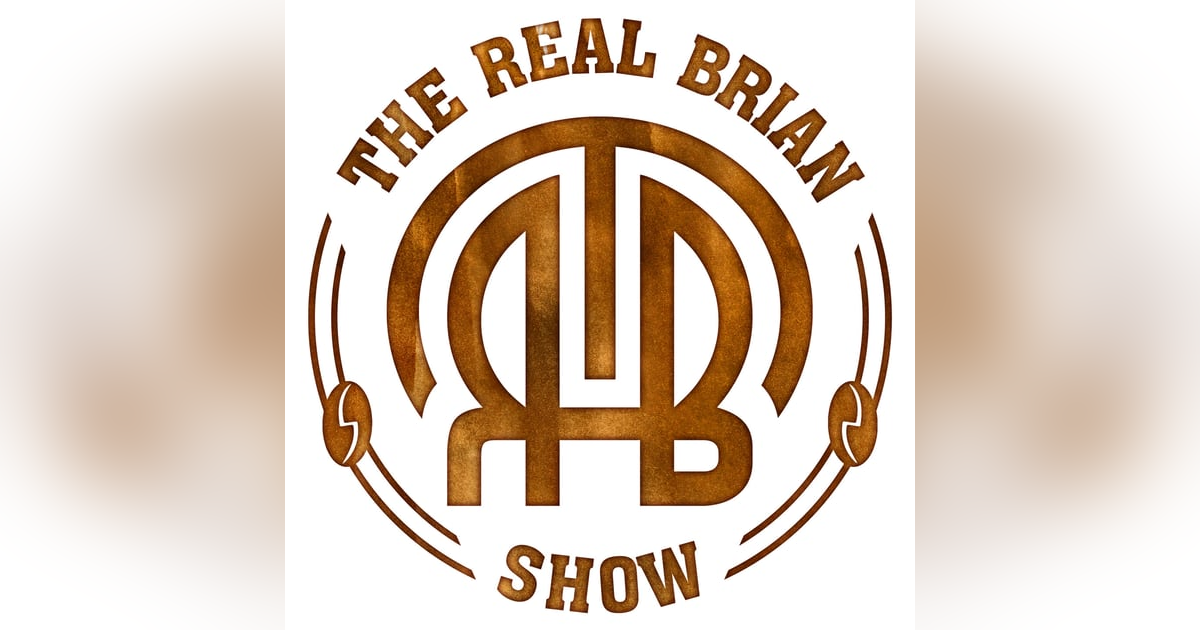48: You Will Be Assimilated | Guardians of the Galaxy Vol 2 | Making Money from Gaming | Zelda | Glorious, Glorious Food | Politically Incorrect | Free Comic Book Day

Happy Superhero Friday! You may want to be well-fed before listening to this podcast, because we will make your mouth water. This week we welcome Mark Des Cotes to the fold (sometimes known as The Wraith). You can hear Mark talk about The Expanse,...
Happy Superhero Friday! You may want to be well-fed before listening to this podcast, because we will make your mouth water. This week we welcome Mark Des Cotes to the fold (sometimes known as The Wraith). You can hear Mark talk about The Expanse, Orphan Black, Killjoys and other awesome sci-fi shows over at Solo Talk Media. In this episode we talk a lot about gaming, including Diablo II, World of Warcraft and Zelda; we talk about some of our highlight food and drinks from the week; and as the title of this episode might suggest, we discuss the situation in Canada where a Star Trek fan was forced to change his license plate or else have his insurance cut off (a link to the article can be found below).
In This Episode
- Welcome Mark! A little background on superhero names.
- Making money playing Diablo II. What?!
- White Hot Chocolate with and Apple Cinnamon tea bag
- Political correctness and what it means for civilization
- Guardians of the Galaxy Vol 2, The Expanse, Bosch
Assimilated
Do you get offended easily? If not, get a mental picture of someone you know who does get offended easily and let's go on a little thought exercise.
In the legal system, an offense is, literally, a breach of a law. That law is something concrete, measurable, with parameters, warnings and stipulations. A law was made and someone blatantly breached the parameters of that law. There is a secondary definition for offense, though, and it's this:
annoyance or resentment brought about by a perceived insult to or disregard for oneself or one's standards or principles
On the one hand we have something objective, and on the other we have something subjective. With the legal system, there are parameters around what gives the law a reason to be reactive to an individual's or entity's actions (and that person had knowledge of the system they lived within, which they will be held accountable for). However, in the social system, the subjectivity of offense has no boundaries. The potential for it to occur is unpredictable.
How does a person keep from offending no one? It seems impossible. Even by being bland, generic and using no overt characterizations in language, it is possible to offend because it is based on perception.
It would be remiss to react to reasoning like this with, "Well, if offense is subjective then I don't have to care about what I say or what I do." If you've never listened to an episode of The Real Brian Show, the first thing you need to know about us is that we're all about respect. We find it of the highest importance to treat one another with respect because it permeates all of our actions and behaviors. Making exceptions in order to spare someone's feelings is a never ending cycle, but there is a core similarity to every instance in which someone declares offense: they feel like they are being disrespected.
If you disagree, that's fine. I think it's important, however, to draw out the fact that not every instance of taking offense is selfish, nor is it necessarily a cry for attention; however, at the same time, it can easily be one or both of those things. And that's just part of what makes dealing with perceived offense so challenging in a social system.
Every time someone takes offense to something, the legal system tries to put more laws into place in order to protect a smaller subset of people. I think this is fundamentally flawed and not sustainable in any way. The solution, at least in my mind, has more to do with a careful education and training system of teaching people how to simply be kind and respectful. But it seems like we've adopted this mentality as a society that it's impossible to change people, and that we shouldn't change people, and so a social etiquette solution for a social issue is just discarded outright.
What are your thoughts on political correctness? Where does it have its merits? Let us know in the comments below!



















